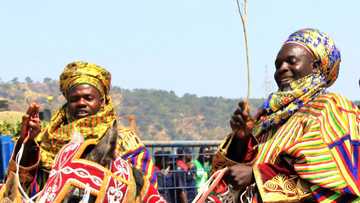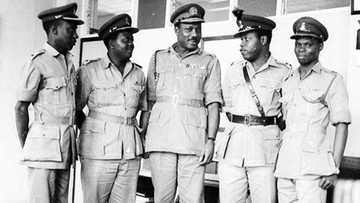10 Nigerian history facts you didn't know
Nigeria is too big a country to cover all aspects in one article. But our Nigerian history facts will be interesting for all readers, especially those who want to realize their business interests here.
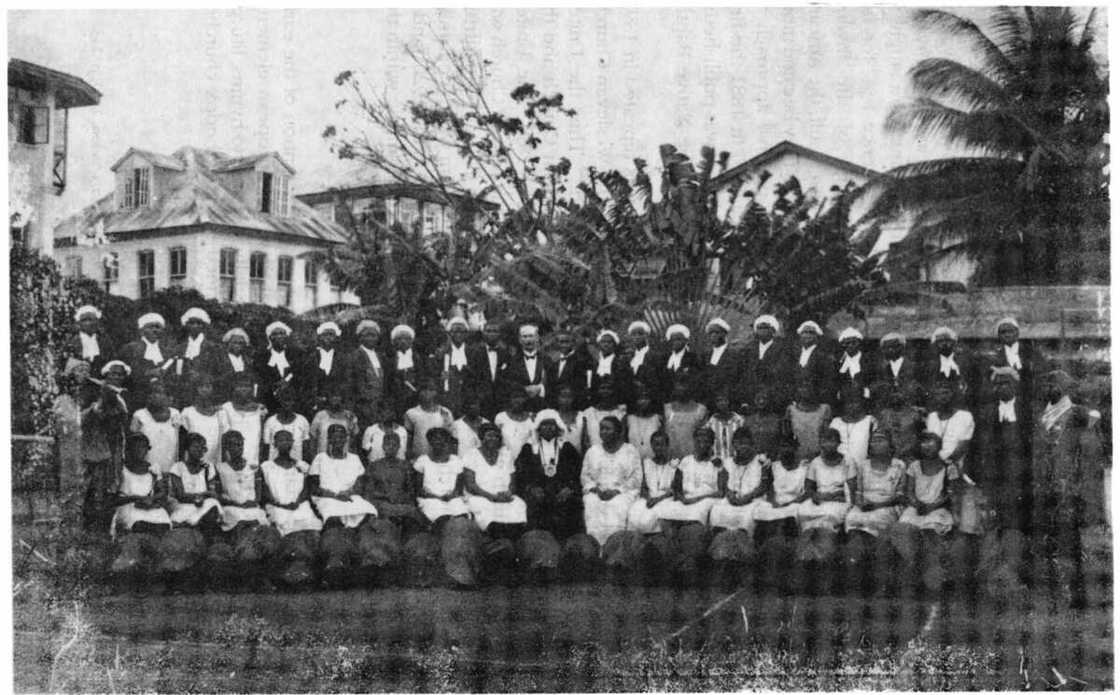
Top Nigeria historical facts
- A lot of the modern peoples of Nigeria migrated to its territory from the north 4 thousand years ago, approximately 2000 BC. The transition to sedentary farming led to the creation of permanent settlements that served as a protection against external enemies. The creators of the Nok culture lived in these settlements. Nigerian people and culture started their history there.
- The first major centralized state in the territory of Northern Nigeria was the Kanem-Bornu. Its appearance dates back to the end of the 8th century AD. Originally it was located outside of modern North Nigeria, the lake Chad, but then it quickly expanded its borders on south to the territory of Bornu. The basis of the welfare of the state was its intermediary role in the trans-Saharan trade in salt, beads, fabrics, swords, horses and European goods from North Africa that were exchanged for ivory and slaves.
- In the southern part of present-day Nigeria, two great empires, Oyo and Benin, flourished. The state apparatus of these empires was as developed and well-established as the states of the North, but the forests made it difficult to contact the outside world, and the horses could not be used because of infected flies.
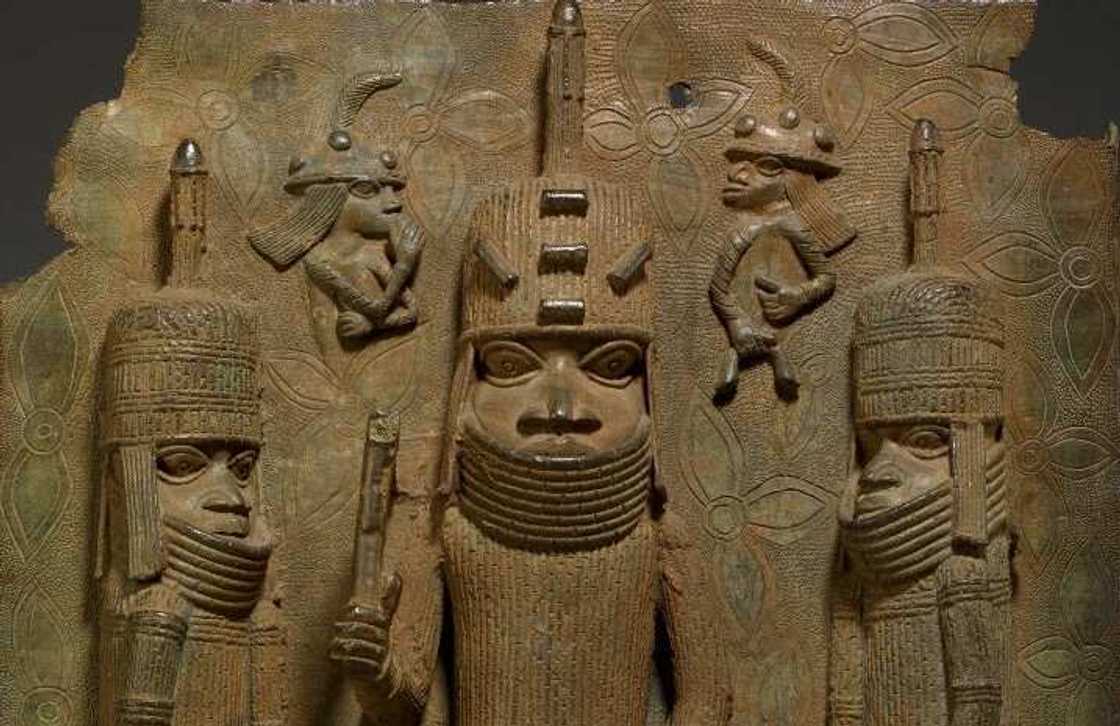
READ ALSO: List of approved universities in Benin republic
- Benin had everything necessary for the slave trade. Her army conquered neighboring nations, and the prisoners were sold to European slavers. Prior to the slave trade in the eastern part of the coast, there were no centralized states.
- In 1885-1904 Great Britain established control over most of Nigeria. A significant portion of Yoruba lands, weakened by internal wars, were annexed to the Lagos colony. The areas outside the CNC administration in the southeast were seized by the authorities of the Protectorate of the Nigerian coast.
- In January 1966, a group of army officers, mostly consisting of Ibo, staged a military coup. The federal government transferred the reins of command to the commander of the Nigerian army, Major-General J. Agui-Ironsi, also Ibo. In May, the military government promulgated decrees on the prohibition of political parties and the transformation of Nigeria into a unitary state. The four existing regions were divided into provinces.
- In mid-1983 there were elections, accompanied by numerous violations. On the night of December 31, 1983 in Nigeria, a coup took place - the fourth in the history of the country. Some articles of the constitution were suspended and political parties were dissolved.
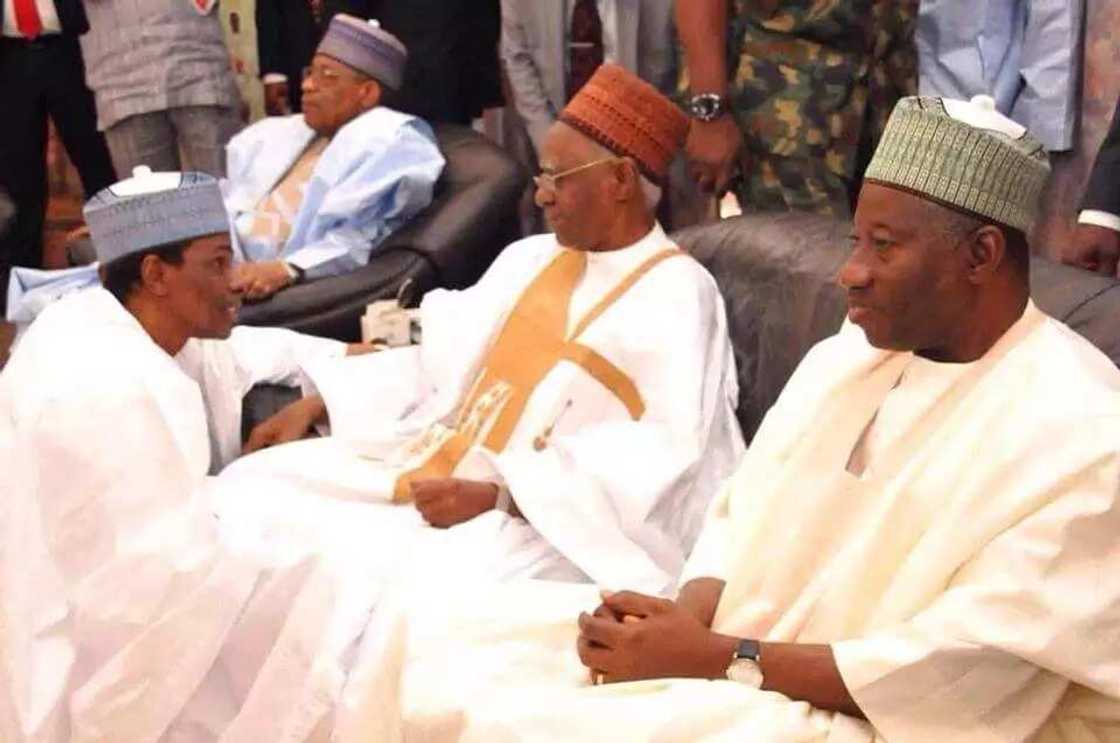
READ ALSO: History of Nigeria before independence: 10 facts you should know
- The political tension that arose after Abiola's death fell after July 20, when General Abubakar unveiled a new program of transition to civilian rule, according to which the government in Nigeria was to move to the civil government elected on May 29, 1999.
- With the liberalization of the domestic political situation, prominent Nigerian dissidents began to return from exile to their homeland. In particular, in October, Wole Soyinka came back to Nigeria. It was one of the positive moments among these Nigeria facts.
The US and UK governments positively assessed the new program of transition to democracy and began to discuss the possibility of lifting sanctions. Abubakar was invited to address the UN, and also visited South Africa.
- On February 28, 1999, presidential elections were held in Nigeria. The victory was won by the candidate from the People's Democratic Party, former head of state, retired general Olusegun Obasanjo, who had more than 60% of the vote.
Now you know lots of interesting things about Nigeria. Nigerian people should be aware of history as some history should never be repeated.
READ ALSO: History of recession in Nigeria
Source: Legit.ng


